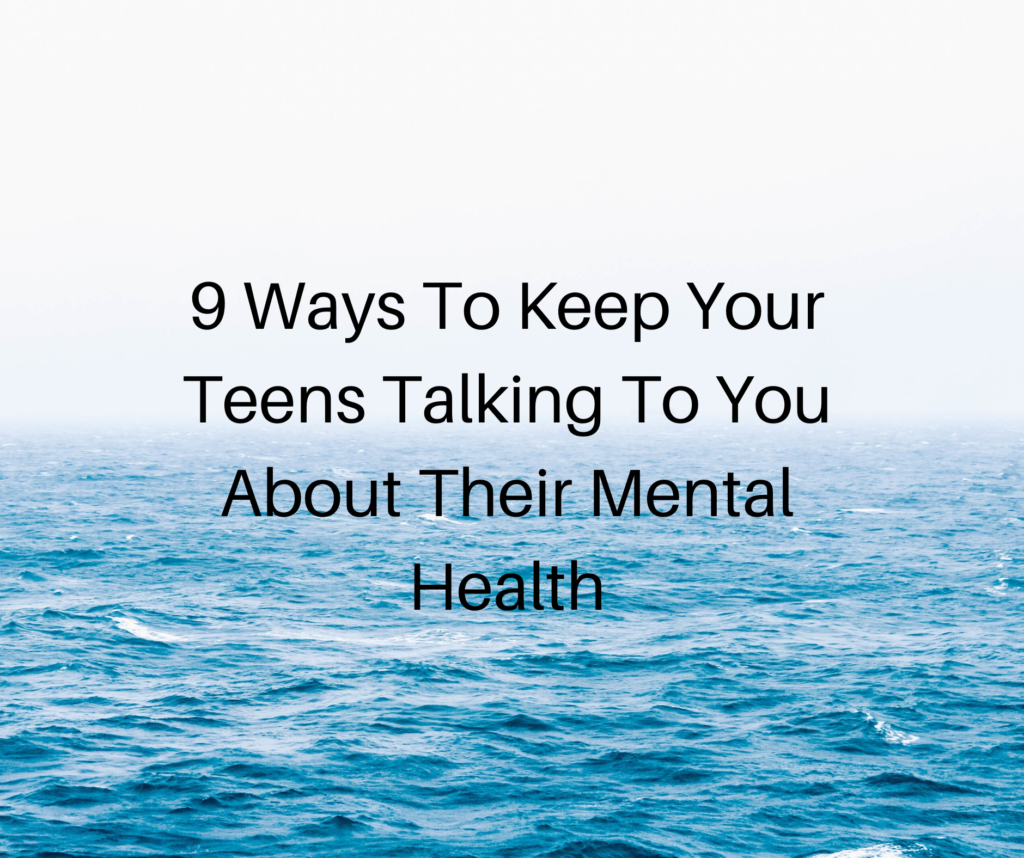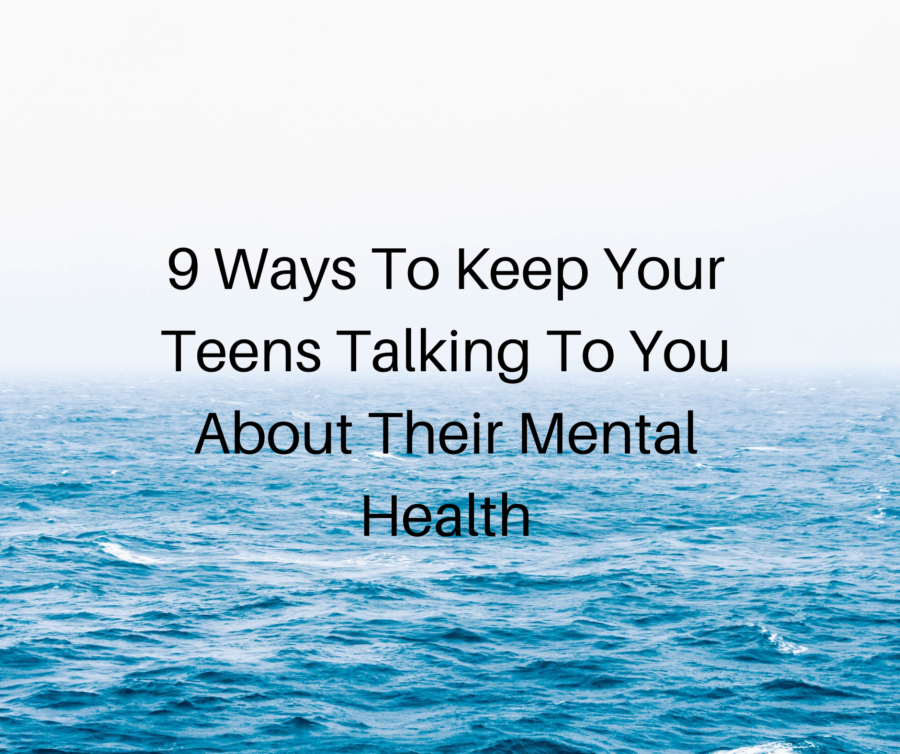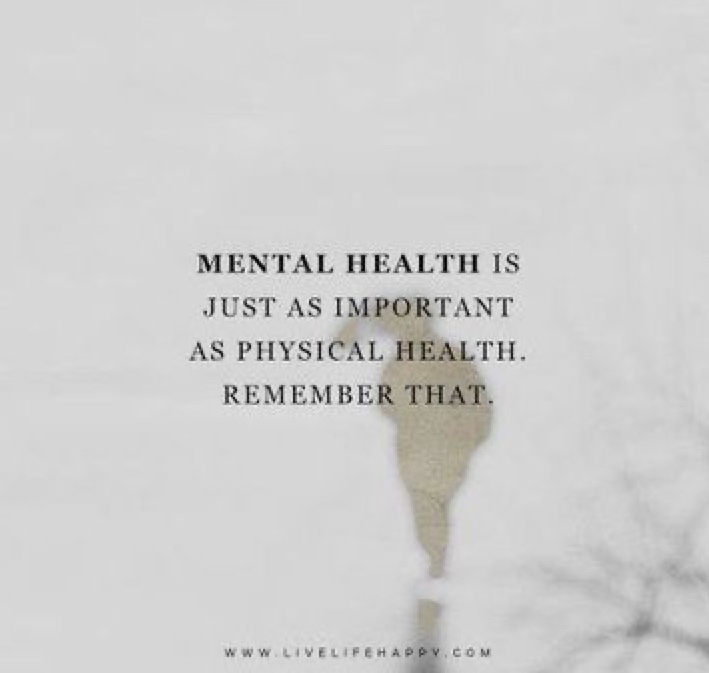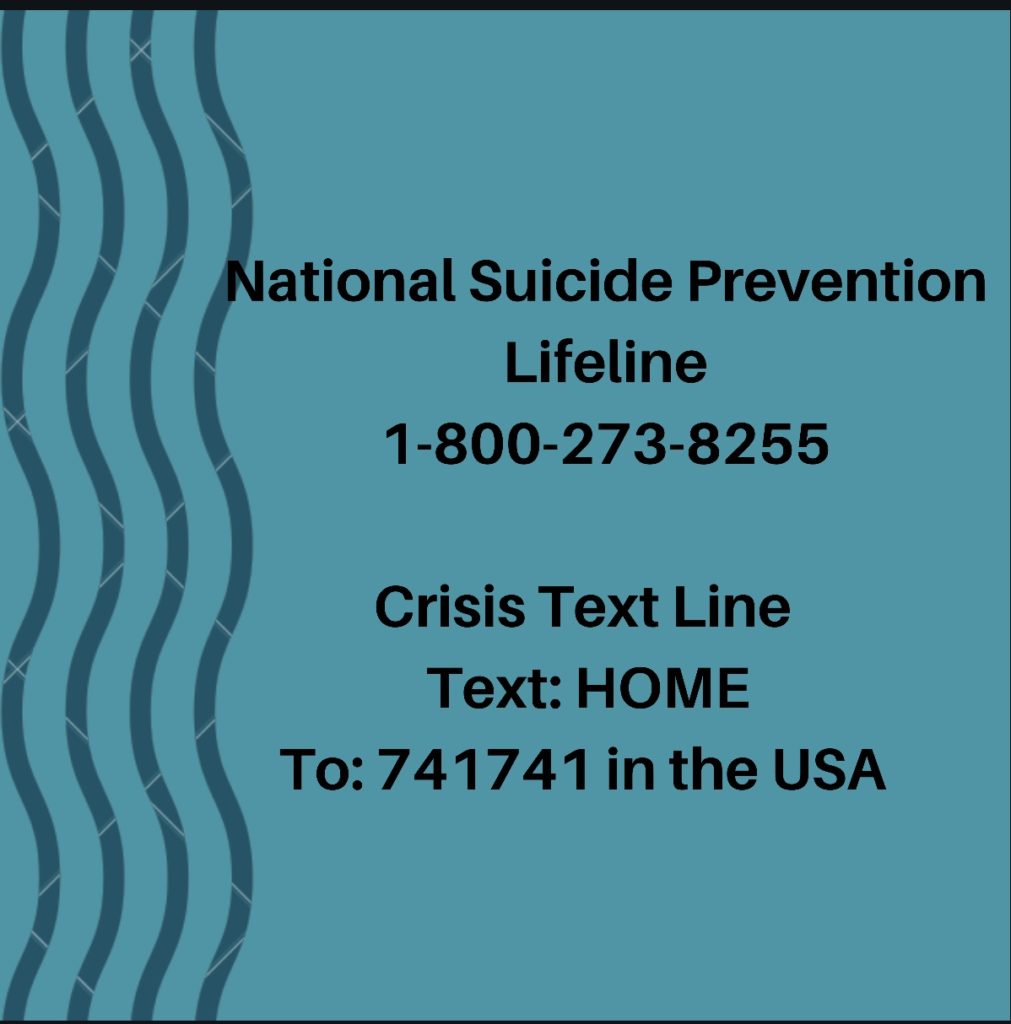
The teen years are known to be difficult and a time in parenting that many people dread. For some reason, it was, and is, my favorite stage of parenting! Teens are known to shut down and stop talking to their parents, start distancing themselves from family gatherings wanting to be with their social groups more, starting to start staking out more independence and even some pushing of the limits. Between the hormones, mood swings and attitude, it can be hard to determine if your child is simply being a “normal” teen or if there is something bigger going on in their life. It is hard to determine which it is if all you get is grunts and door slams, so how do we go about keeping out kids talking? How can we keep the conversation going and keep them from shutting down?

*Share some of your own struggles past and present. As parents, we want to be strong and in control of our family. Many parents keep a big separation between their own emotions and struggles and their children. Here’s the thing, our teens are quickly approaching adulthood. They need and respect first hand advice. Some parents hesitate to share their mistakes with their children. When we share the mistakes and stupid things we did when we are younger or even ones we have made recently, we can use it to help guide them to make better choices but it will also bridge the gap that can often begin to form between parent and teen during these years. Your kids will see you as human and you will show them it is ok to make mistakes, but it is crucial to pivot back on track and keep their goals in sight. By stripping off some of the parent facade that society says we need to have, you will start to crack open that door of communication. Now, I’m not saying you have to share every mistake you made or that what you share with a 17 year old is the same thing you should share with a 13 year old, but I’m just saying to try to share some of your own personal struggles. It is important for them to know struggling is ok and that you understand how it feels. We all want to talk to others who we believe “get it.”

*Be sure to give them 10 positive statements for every negative statement you make towards them. This is something I either read years ago or studied in my psychology and counseling classes. It is something I did with my boys from the beginning and stressed to my husband to dot the same thing. Being a parent is stressful under the best circumstances. Add some of the outside life stressors, and it is so easy to become snappy and negative to our children. This is important to recognize every day of their lives, but more so in the teen years. At this time in their life, they are already talking to themselves negatively. They have numerous teachers so it is harder for them to get lots of positive reinforcement from teachers and coaches. There can also be more criticism in social circles from other insecure teens. It is up to us, their parents/caregivers, to make sure they are receiving more positive messages than negative ones. By focusing on making positive statements to your teen, you will slowly be building up their self-esteem, self-worth and their bond to you will continue to strengthen. This will lead to being able to have more in depths discussions with them about the tough issues they face.

*Take them out for their favorite food or activity. Nothing will open us up more than eating some of our favorite foods. Even grabbing take out and going somewhere else to eat it will work. Let them pick the place or type of food. Teenagers are always hungry. They are growing. Food is a fun social activity. It doesn’t have to be fancy or even for a meal. It can be their favorite ice cream place, or cookie shop or just a cup of hot chocolate or coffee. The point is just to do something together away from the regular routine to give them an opportunity to relax and start opening up to you some more. It’s important to find a way to make them feel comfortable.

*Learn as much as you can about what they are interested in so you can talk to them about it with knowledge. I have 4 sons so for me, sports was key. I know more than even the average sports fan of many sports. Football, baseball, wrestling, fencing, swimming, track, cross country, soccer, basketball, lacrosse, and many more but these were the ones my boys played and had interest in so I learned all I could about these sports, their star players and trivia. We can talk for hours about sports with them. When they were younger, it was Star Wars, super heroes, cartoon characters, etc. If their interests are music, listen to it with them. Whatever they are interested in, learn about it so you can engage with conversation with them on a regular basis and this will lead to a stronger bond and more open communication.

*Shoot them texts daily to build rapport and text silly things/memes, etc. This is one of my favorite ways that I used to build rapport and keep connected with my sons. As soon as they got their first phones in middle school, I stated texting them. By high school, I would shoot them texts during the school day to remind them how much I loved them and to let them know I hoped they were having a great day. I know, teachers frown upon this, but I don’t think one text from me is going to disrupt their day. In fact, my oldest son has severe ADHD and my second son has high functioning autism and shooting them a text in the middle of the day was exactly the calm reminder that they are not along and exactly what they needed to push through the rest of the day. I also love to text funny meme’s or pictures that I know they will enjoy. Building up this relationship through technology is a language they can relate to. Plus, they will get used to texting you and it is often easier for us to talk by text than in person. There is no law that talking to our teens has to be in person. You’ll be surprised at how much teens will share with you over text. Sometimes face to face is much harder and they will share something more over a text.

*Start talking to them like the young adults they are and not the children you see. Yup, it can be hard for many parents to transition from treating our kids like children to treating them like adults. While they are not full adults yet, they so want to be on so many levels. One way is how they are spoken to. This doesn’t mean they have adult brains or reasoning yet. This is why the teen years can be so difficult. They are caught between childhood and adulthood, but want to be treated more and more like the young adults they are becoming. You know your child best and know how much they can handle but doing simple things like including them on conversations you once excluded them from, asking them their opinion on a problem you are having, or talking to them about some current events that fall into their interests and see what their thoughts are on it.

*Listen without judgement. As adults, it is so easy to forget what it was like being a teenager. We forget how hard our brain is working to keep up with all the changes going on inside our bodies. We forget the stress of juggling school while dealing with changing hormones all while having the pressure to decide where we want to go in life! Like any of us really know what we want to do at 16! It can be so easy to judge the things our teen say and do or be quick with advice. Trying to solve their problems may not be what they are looking for, but it is often our instinct as parents to try to fix all the problems our kids have. Try to take a step back and just listen. Listen to what they are saying. Listen to their emotions. Acknowledge that you are hearing them by nodding or words of affirmations. If you feel it is appropriate, ask questions such as, “How are you feeling about this?”, “Would you like to hear my thoughts or do you just want me to listen?”, “I can tell this is really bothering you. I’l so thankful you are sharing it with me.” If your teen is sharing and you want them to keep sharing, stay positive no matter how insignificant or stupid you feel the scenario is. Remember, they are teenagers and even having the wrong clothes can be the end of the world to them!

*Grab a small gift for them. This is just an easy and fun way to build the rapport and get some conversations going. My boys always get excited when I pick up a little something for them because they know it means I was thinking of them. When your teen has had a stressful week of homework, busy week of activities, a tough time with friends, or if they had a great week on any of these levels and you just want to show them you see them and they are always on their mind, picking up a small gift to show this to them. Some of the “gifts” I’ll get my sons range from a simple piece of candy that they love, their favorite take out, a magazine or book I think they might enjoy or anything else I think will lift up their spirits. When you give them the gift, it is an invitation to start a conversation with them when you give it to them.

*Don’t let you shut them out. Yup. If only it was this easy, but hopefully some of these ideas will help you achieve this. My older sons have always been very open and communicated with me very well. Shutting me out was never an option and we will talk in small amounts if needed, but we will talk. My youngest was a little more closed off as he entered the teen years. One day I could tell he was upset about something, but he didn’t want to talk about it. I looked him in the eyes while holding his hands and said, “You can have some time to yourself to process your thoughts, but we will talk before you go to bed. We are not allowed to shut others out when we are upset in this family. I am here when you are ready.” About an hour later, we talked and helped him work through what was upsetting him.
Sometimes our teens just need to know that we won’t give up. Then need to understand that we are there for them no matter what. Like every other relationship in life, the one with our children takes a lot of time, thought and investment. It takes time and effort on our part. They need to see us making that investment into their lives. I see too many parents expect their teens to take the lead. That is just too much to put on them. Their brains are not at that level yet and we need to help guide them and support them so they learn the tools and skills they need to communicate their struggles with someone. Keeping it in is never a good option for anyone at any age.


























